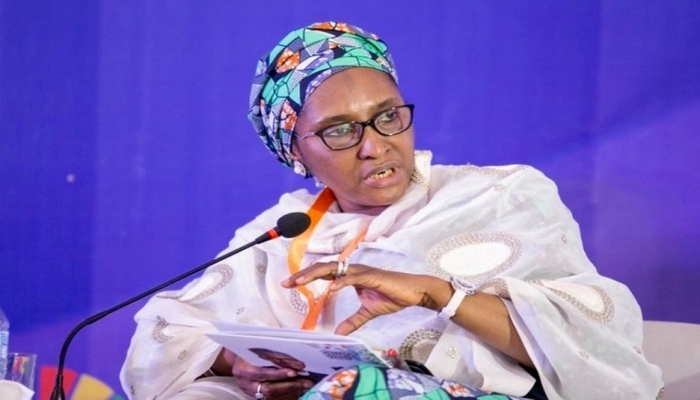
The Federal Government is reconsidering imposing excise duty on telecoms services after it was suspended, which would compel operators to adjust the rates of calls and data upward.
This is contained in a document titled ‘Invitation to a One Day Public Hearing and Submission of Memoranda on the 2022 Finance Bill,’ released by the House of Representatives Committee on Finance.
It indicated that suspended excise duty on telecoms services may feature again in the 2022 Finance Bill, which is currently before the National Assembly.
According to the committee, it is conducting a public hearing on the 2022 Finance Bill and one of the subjects on the agenda is the discussion of telecoms as one of the goods liable to excise duty.
Part of the document read, “Telecommunication services provided in Nigeria shall be charged with duties of excise at the rates specified under the duty column in the Schedule as the President may by Order prescribe pursuant to section 13 of this Act.”
It added all telecommunication services in Nigeria shall be charged with duties of excise at “the rates specified under the duty column in the Schedule as the President may by Order prescribe pursuant to section 13 of this Act”.
According to the bill, the amendment was necessary to expand the scope of duties beyond the telecoms sector to avoid an undue focus on levying duties on this sector, adding that would remove the limitation of the scope of services that may be subject to excise duty.
It further stated that the need to increase revenue generation/tax administration was the reason for the proposed excise duty on telecom services.
The document did not specify the rate at which the excise duty would be charged.
In July, the Federal Government announced plans to implement a five per cent excise duty on telecoms services.
The Minister of Finance Budget and National Planning, Zainab Ahmed, announced this at a forum organised by the Nigerian Communications Commission. According to her, the excise duty was in the 2020 Finance Act but had not been implemented.
Speaking through the Assistant Chief Officer of the ministry, Mr Frank Oshanipin, she said, “Payments are to be made on monthly basis, on or before the 21st of every month.
“The duty rate was not captured in the Act because it is the responsibility of the president to fix rates on excise duties and he has fixed five per cent for telecommunication services which include GSM. It is public knowledge that our revenue cannot run our financial obligations, so we are to shift our attention to non-oil revenue.”
At the time, telecom companies who kicked against the implementation of the provision argued that it would amount to multiple taxations.
They had stated that the cost would be passed directly to the consumer, increasing the total tax paid by telecom consumers to 12.5 per cent.
The Chairman of the Association of Licensed Telecom Owners of Nigeria, Gbenga Adebayo, said, “We will not be able to subsidise the five per cent excise duty on telecom services. This is because of the 39 multiple taxes we are already paying coupled with the epileptic power situation as we spend so much on diesel.”
Also, the Minister of Communications and Digital Economy, Isa Pantami, kicked against the implementation of excise duty on the telecoms sector. According to him, the tax would impact the sector and consumers negatively.
He said, “The Ministry of Communications and Digital Economy is not satisfied with any effort to introduce excise duty on telecommunication services.
“Firstly, I have not been consulted officially and part of the rulemaking is to invite stakeholders to make contributions. I was not consulted officially. Secondly, if we have been contacted, we would have challenged the submission.”
In September, the Federal Government announced a suspension on the implementation of excise duty on telecom services. It also inaugurated a committee to review the introduction of excise duty in the digital economy sector.
Credit: The Punch






